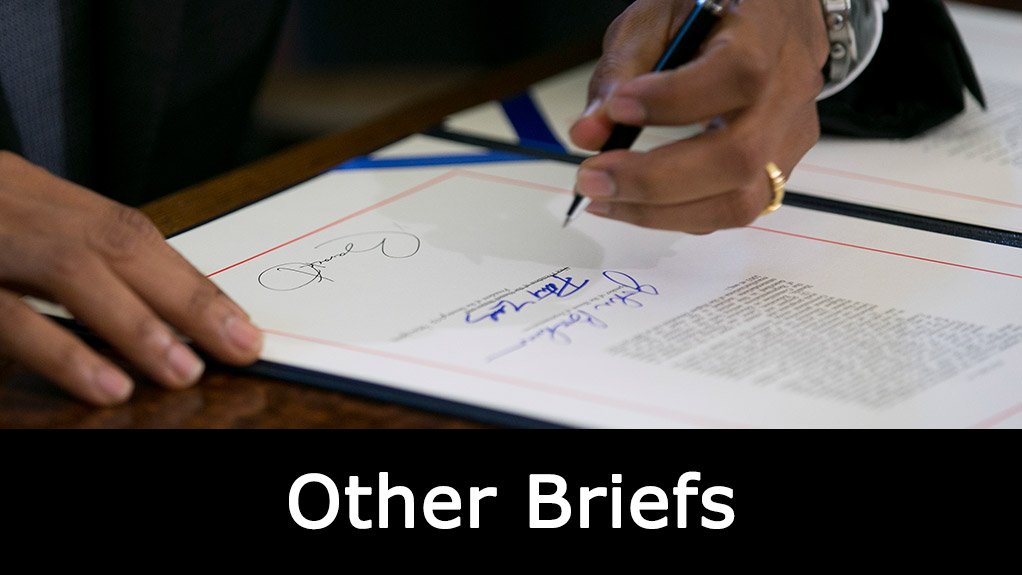Unlawful competition, a term that covers various forms of unfair business practices, often emerges intertwined with allegations of intellectual property rights breaches in South Africa, and commonly in employment relationships. Unlike specific statutes, it falls under the wide-ranging domain of common law, particularly within the law of delict and the Aquilian action, which courts have used to set the boundaries of permissible business conduct. In this ‘Crossing the Line’ series of articles, we will unpack the different types of unlawful competition and the steps you can take to protect your interests and business’ future.
Through a series of case laws, the courts have established guidelines for what behaviours could be regarded as unlawful in today’s business context.
What makes a competition unlawful? The simple answer is, “when the competitive trading transgresses another trader’s rights wrongfully”. However, the list of acts that qualify as unlawful competition is not finite. Still, some actions have emerged more frequently in contemporary business scenarios:
1. Business operations in violation of an explicit statutory prohibition.
2. Fraudulent representations by a competitor about their own business or products.
3. Dissemination of damaging falsehoods about a competitor’s business by a rival trader.
4. A competitor passing off their goods or services as those of a rival.
5. Unjust use of a competitor’s efforts and results.
6. Exploitation of confidential information to further personal business interests at a competitor’s expense.
7. Provocation or procurement of a contractual breach.
Diving into the types of unlawful competition, trading in contravention of an express statutory prohibition refers to engaging in business activities explicitly forbidden by law, giving an unjust edge to the offender. This overlaps significantly with anti-competitive behaviour. Examples are manifold, including conducting business activities without requisite licenses or permits or trading against consumer protection laws like deceptive pricing.
Fraudulent misrepresentations made by a rival trader involve intentionally distorting facts about one’s own business or products to gain an unfair advantage. Misrepresentations can manipulate consumers into buying based on false or exaggerated information, thereby distorting market perceptions.
Passing-off pertains to misrepresenting one’s goods or services as those of or associated with another, infringing on their name, mark, symbol, or trade dress. A successful passing-off claim requires demonstrating reputation and goodwill associated with the trademark or get-up, and that the misrepresentation resulted in or is likely to cause harm.
The unfair use of a competitor’s fruits and labour involves unjustly capitalising on another company’s efforts or investments without due authorisation or compensation. It includes copying or imitating a competitor’s goods or services without the necessary rights and permissions, or using a competitor’s research and development without prior authorisation. Sometimes competitors poach and solicit talent which is the result of competing employers’ deliberate employee investments, and by doing so, wrongfully springboard their own businesses to gain an unfair advantage in the market.
Misappropriation and misuse of trade secrets constitute another category of unlawful competition, involving the exploitation of a competitor’s confidential information to gain an unjust advantage.
Injurious falsehoods are misrepresentations about a competitor’s products, services, or business, which also fall under unlawful competition. False or misleading claims about a product or business are considered unlawful.
Procuring a breach of a contractual obligation refers to intentionally inducing another party to violate or breach their contractual obligations with a third party, usually to gain a competitive advantage or to harm the business interests of the party with whom the contract is in place. Under this scenario – and pertinent to employment arrangements – employers often deal with employees breaching their restraint of trade undertakings when new potential employers procure such breach to unlawfully compete with erstwhile employers. In those instances, the new employer can be joined in the court proceedings interdicting this form of unlawful competition and in many cases, it is found that a stratagem is cunningly adopted by the new employer to also compete unlawfully on many of the other guises discussed above.
Businesses must be aware of the various forms of unlawful competition and their accompanying remedies, and how they can rely on the common law remedies to counter unlawful competition and protect their interests. There is no clear-cut qualification of a certain type as an unlawful competition matter. Its applicability and enforceability depend on the specific facts of each case, as is the approach of the South African Courts.
An effective enforcement strategy often combines the clear understanding of common law obligations between employees and employers (and their competitors) and additionally entering in agreements with those parties with suitably drafted contractual mechanisms and defendable non-compete-, non-solicit-, confidentiality- and restraint provisions sufficiently defending protectable interests. However, this will depend on the applicable facts and the circumstances of each matter. Stay tuned for our next article when we discuss “business operations in violation of an explicit statutory prohibition”.
Written by Douw Breed, Managing Director at Barnard Incorporated Attorneys
EMAIL THIS ARTICLE SAVE THIS ARTICLE ARTICLE ENQUIRY
To subscribe email subscriptions@creamermedia.co.za or click here
To advertise email advertising@creamermedia.co.za or click here











